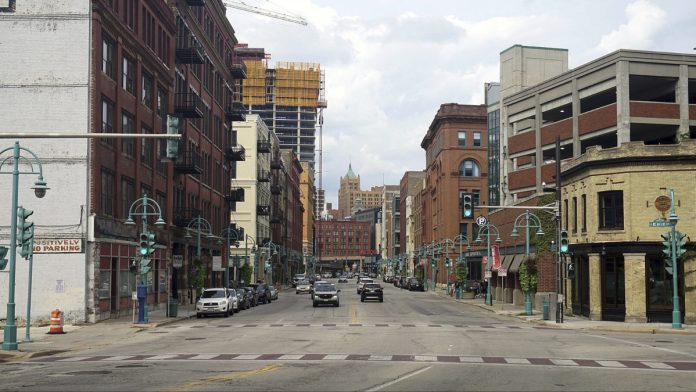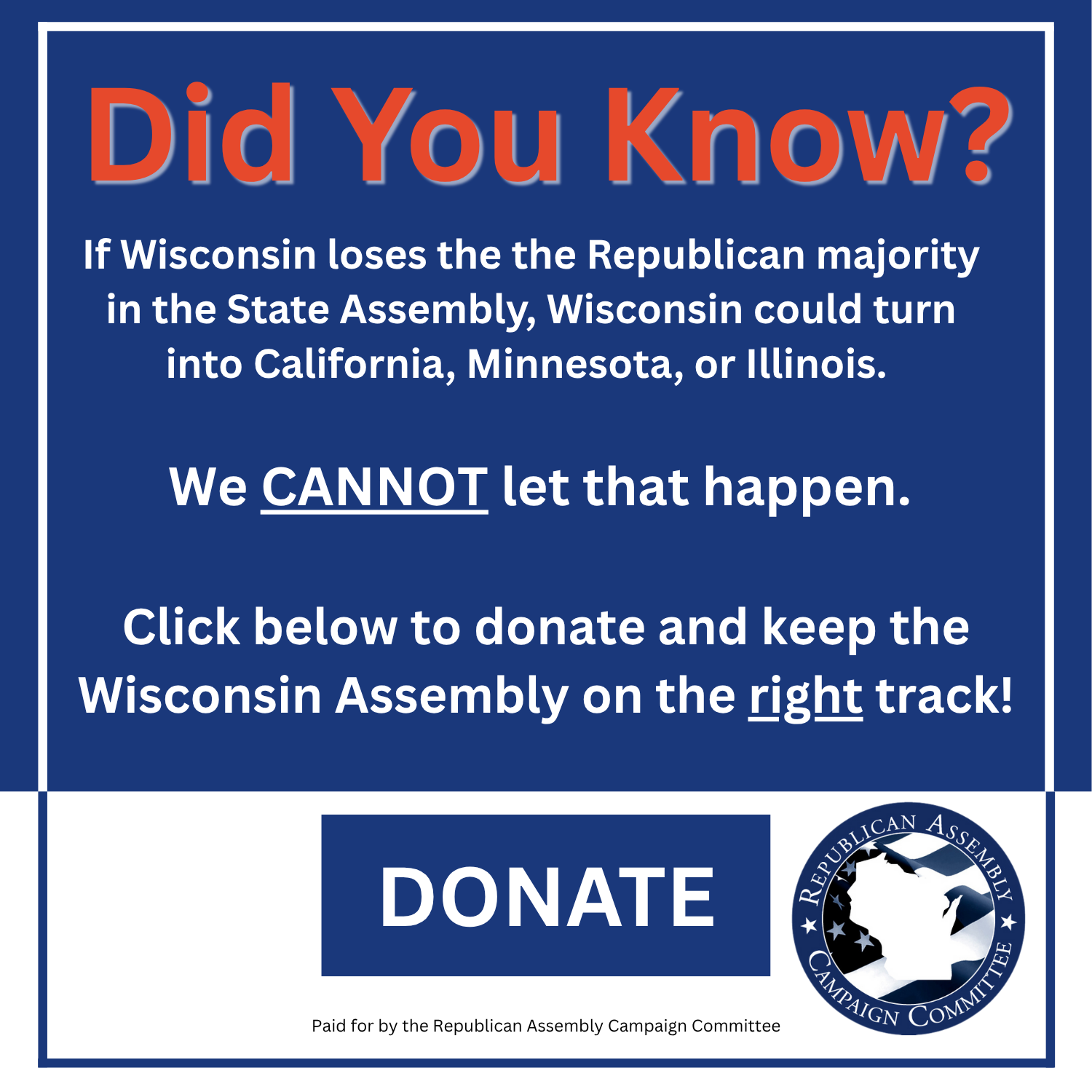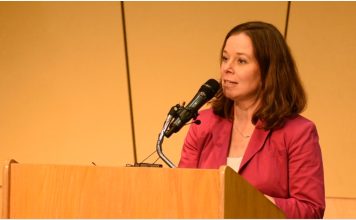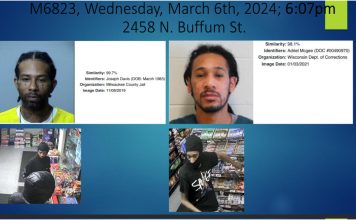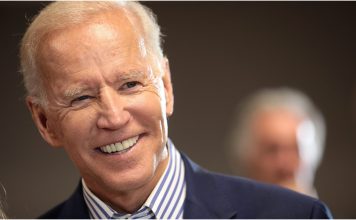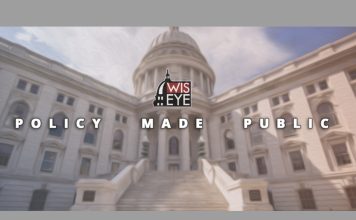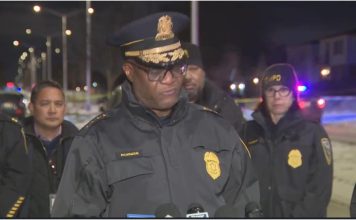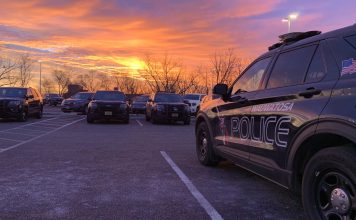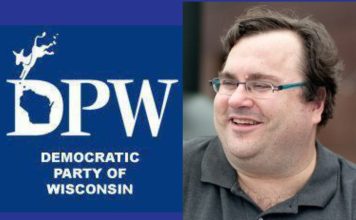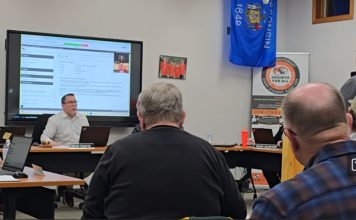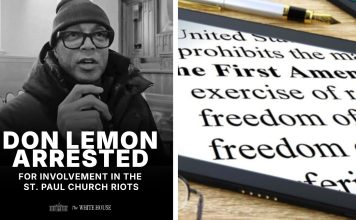The Common Council’s Finance and Personnel Committee heard from City Engineer Kevin Muhs today “about a newly released report from the Department of Public Works (DPW) that confirms what residents across Milwaukee’s neighborhoods have long experienced firsthand: Far too many local streets are crumbling, cracked, and long overdue for investment,” a Milwaukee alderman says.
“Prepared in response to Amendment 40B of the 2025 Adopted City Budget, the DPW report estimates that it would take $821 million to bring all streets currently rated ‘poor’ up to good or excellent condition. A staggering $752 million of that total is needed for local and collector streets – the very streets residents rely on to get to work, school, and community spaces every day,” wrote Ald. Peter Burgelis in a June 18 press release.
Read the report here:
11_-_DPW_Roads_Report_Release_with_Report
“Public safety is always the top concern I hear from neighbors, but right behind that is the condition of our crumbling streets,” said Burgelis. “When one in three local streets is rated ‘poor,’ that’s not just frustrating, it’s a quality of life issue. Today we heard that we don’t prioritize the resources needed to keep up with deteriorating roads. Our DPW teams do great work, but need more staff and crews to keep Milwaukee moving.”
“While major arterial roads have benefited from record-setting infrastructure grants in recent years, local streets have fallen behind. According to the city’s most recent pavement survey, 34% of local streets are rated ‘poor,’ and just 5% are rated ‘excellent.’ The disparity continues to grow, creating uneven investment in the places where Milwaukeeans live, work, and raise families,” he added.
Alderman Burgelis wrote that he “led efforts on the Common Council to restore funding for local roads in the 2025 budget after the administration proposed a $6 million cut, slashing the investment from $18 million down to $12 million. Burgelis and his colleagues not only reversed the cut, they voted to override a mayoral veto to ensure the full restoration.”
“I’m grateful to my colleagues for standing with me to protect this funding. The $6 million we restored is an essential down payment, but it’s just that: a down payment,” Burgelis said. “This report is a wake-up call. If we’re serious about equity, safety, and neighborhood pride, we need a bold, sustainable strategy to fix our local roads.”
The report “outlines not only the scope of the challenge but also potential revenue tools, including adjustments to vehicle registration fees, the creation of a transportation utility, and expanded state or federal partnerships. Without action, the city risks watching its neighborhood streets continue to deteriorate for years to come,” he wrote.
“Safe, smooth streets aren’t a luxury, they’re a basic city service,” added Burgelis. “Milwaukee families deserve infrastructure that reflects the strength and potential of this city, not roads that crumble beneath our feet.”


